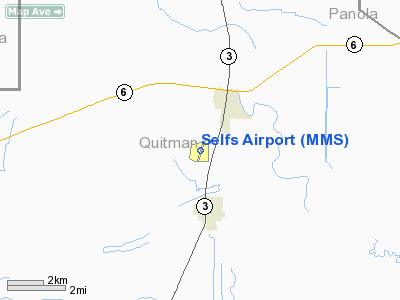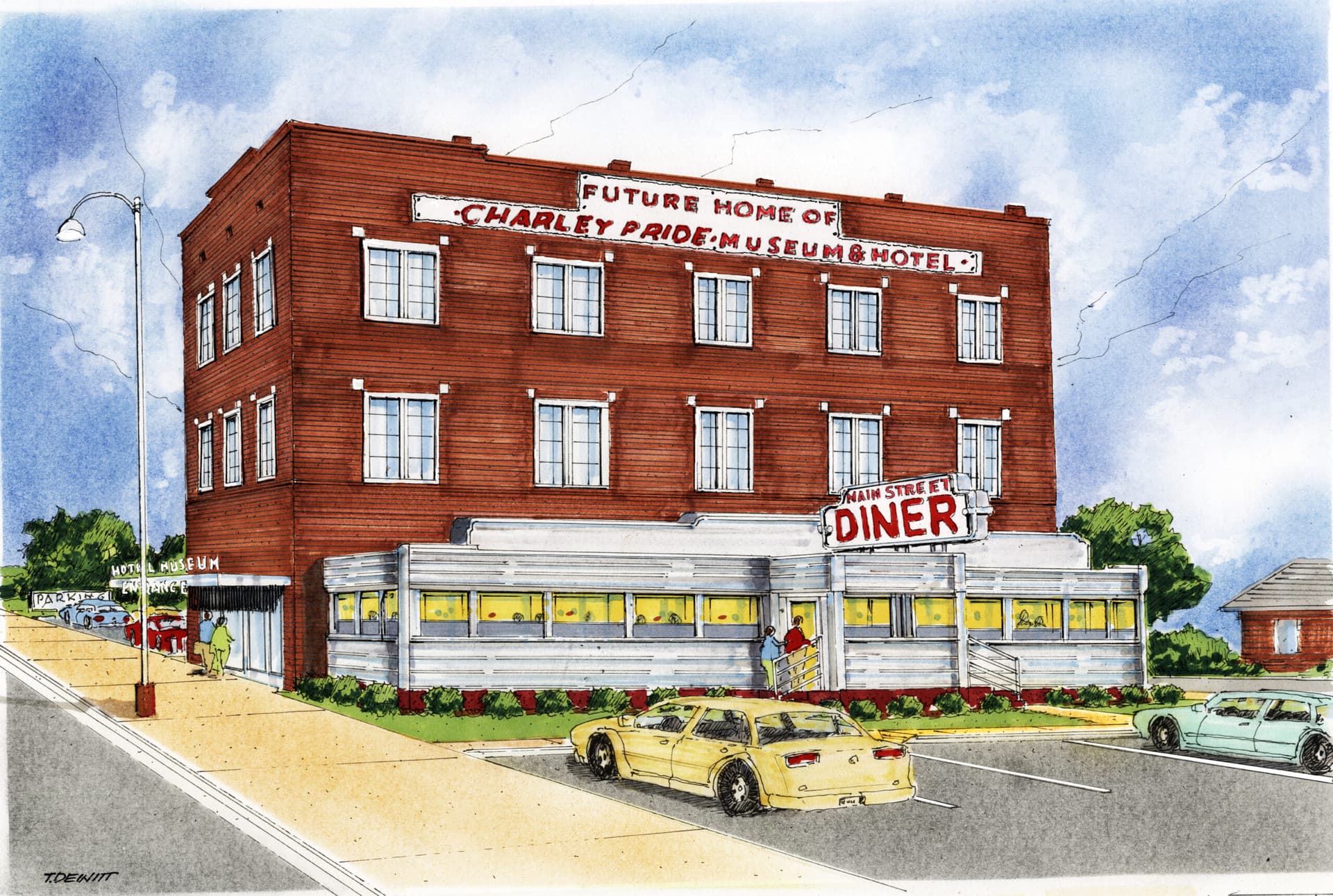Marks to Host National Rhythm and Blues Hall of Fame, Officials Say
Project planners have selected Marks in Quitman County as the future site of the National Rhythm and Blues Hall of Fame, a museum and cultural campus intended to honor R and B music and its ties to civil rights history. The proposal could bring tourism, jobs, and downtown revitalization to the county, but requires major fundraising, infrastructure upgrades, and coordinated support from local, state and federal partners.

Project planners have chosen Marks as the future home of the National Rhythm and Blues Hall of Fame, a development announced publicly in 2022 and restated in subsequent coverage. The plan calls for a museum and cultural campus that organizers say will celebrate the national legacy of rhythm and blues music and highlight its connections to civil rights history in the Mississippi Delta. Marks was selected in part because of its role in civil rights activism, including Martin Luther King Jr. launching the 1968 Poor People's Campaign there, and because county and local officials have offered land and pursued infrastructure funding.
Organizers position the Hall of Fame as both a cultural institution and an economic development catalyst for Quitman County. The project is intended to expand Delta tourism, create jobs, and support downtown revitalization in Marks. Local leaders have emphasized the potential for increased visitor spending and ancillary business development around a museum and events campus, a strategy commonly used in small town economic development to leverage cultural heritage into private investment and fiscal gains.
Funding plans for the project rely on multiple streams. Local and state appropriations for infrastructure are being sought, and proponents have indicated they will pursue potential federal grants that relate to transportation and economic development. County and municipal officials have offered land to anchor the campus, a material contribution that can improve grant competitiveness. At the same time project planners acknowledge substantial obstacles. The effort will require significant fundraising to cover construction and operating costs, upgrades to utilities and transportation infrastructure to handle increased visitor flows, and successful coordination across government levels and community stakeholders.
Policy considerations are central to whether the project moves from proposal to reality. State appropriations could finance roads water and sewer work that make the site viable. Federal grant programs tied to transportation economic development or historic preservation could offset capital expenses but typically require matching funds and detailed project plans. Local fiscal capacity and the willingness of private donors or philanthropic organizations to invest will influence the timeline and scope of the campus.
For Quitman County residents the proposed Hall of Fame represents both opportunity and risk. If funded and executed the project could broaden the local tax base bring new customers to downtown businesses and provide employment opportunities. If funding falls short the community could be left with partially completed work and maintenance obligations. The long term impact will depend on the quality of infrastructure investments the pace of fundraising and the degree of coordination among local state and federal partners.


